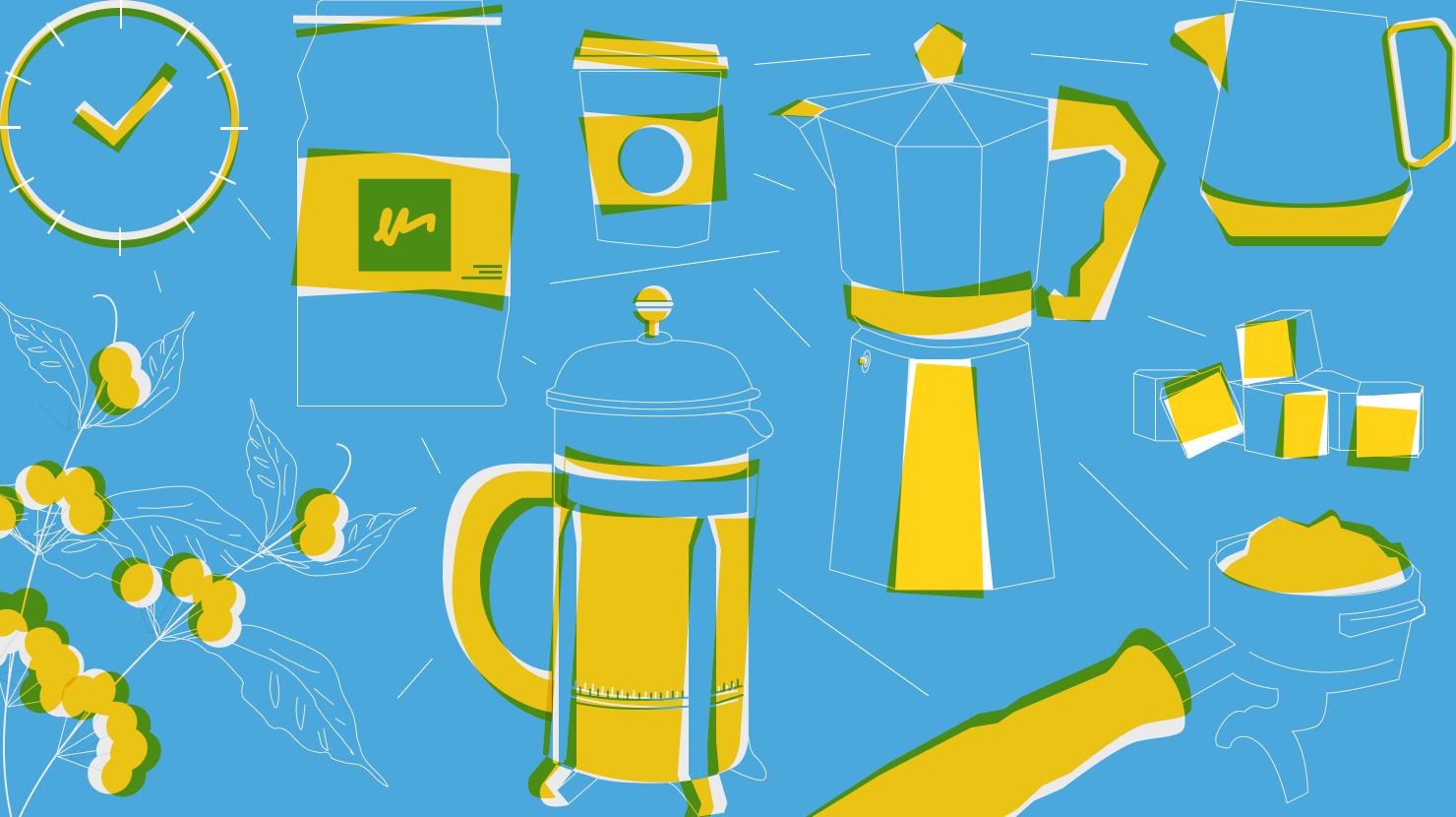3 min read

Ah, the coffee break: a sanctioned 15-minute break during which you and your colleagues can step away from work, socialize, and sip a hot caffeinated beverage.
But for some offices the coffee break has long been extinct. It’s a phenomenon they’re only vaguely aware of, having read about it once in a yellowed Dilbert comic strip. For these poor souls, the coffee break is the stuff of legend.
At other workplaces, that’s not the case. In Europe, for instance, the coffee break is practically ubiquitous, though it might be called something different like tea time, morning tea, elevenses, or smoko. In fact, coffee breaks are a common workplace ritual the world over.
In North America, though, whether or not your workplace allows coffee breaks depends on labor laws and the whim of your employer. Some offices are more lax: coffee breaks can happen multiple times a day, at any time, inside or outside the office.
Interestingly, studies show that there are some benefits to the regularly scheduled coffee break. This article takes a look at some of those benefits because, well, we just really love coffee here at Jostle. So go grab a coffee and let’s get started.
That’s right: getting up from your desk, leaving your work for a moment, walking over to the coffeemaker, and enjoying a cuppa with some colleagues can positively influence your productivity.
How does this work, you ask? Well, it partially has to do with movement. Psychology Today reports that constantly sitting at a desk has been linked to physical problems such as heart disease, depression, and obesity. A coffee break can help.
When you stand up from your chair, walk around, and socialize, you’re exercising both your brain and your body in ways that counteract the effects of prolonged sitting and working with intense focus.
In addition to their physical benefits, coffee breaks (whether caffeine is involved or not) provide a productive shift in focus which can help you approach a problem or task through a new lens. A short trip to the coffeemaker and a chat with colleagues has cleared up writer’s block for me on many occasions.
The social aspect of shared break times is also a boon to productivity. Bonding with colleagues or managers over topics removed from the pressures of the workplace can help you relax, re-energize creativity, and bring teams closer together.
Studies also show that a coffee break can help mitigate workplace stress, which of course increases engagement and productivity.
How? Well, according to one study by the National Institute of Health, those who drink four or more cups of coffee during the day were about 10 percent less likely to be depressed than those who don’t drink coffee.
(Of course, too much of a good thing is never healthy for you, so please don’t take this as an excuse to give yourself a caffeine-induced heart attack!)
And you don’t even need to imbibe caffeinated drinks to take advantage of the stress relief provided by a coffee break. Simply getting away from your desk and walking around the office actually does wonders for relieving stress.
But only if you consume about 200mg of caffeine, which is about equivalent to one strong cup of coffee.
According to a study by Johns Hopkins University, those who consume 200mg of caffeine were more likely to remember differences in a series of images that was presented to them 24 hours earlier:
“The people who consumed caffeine were more likely to correctly identify the similar items as slightly different from the original picture. The brain's ability to recognize the difference between two similar but not identical items reflects a deep level of memory discrimination.”
In other words, coffee can help you pick up on and remember details that you may be missing without it. But this doesn’t mean that drinking more than that will increase the effects. The study found that those who had 300mg experienced the same increase in memory power, but started to feel jittery and uncomfortable. 200mg is apparently the sweet spot.
Let’s face it, some people are coffee people and others aren’t. And that’s okay. But a break of any kind is good for boosting employee productivity and engagement, helping you rethink a problem, and creating a more relaxed and collaborative culture at any organization.
Read more by
Corey Moseley
Jostle’s employee success platform is where everyone connects, communicates, and celebrates at work. Find out more at jostle.me. © 2009–2026 Jostle Corporation. All rights reserved.